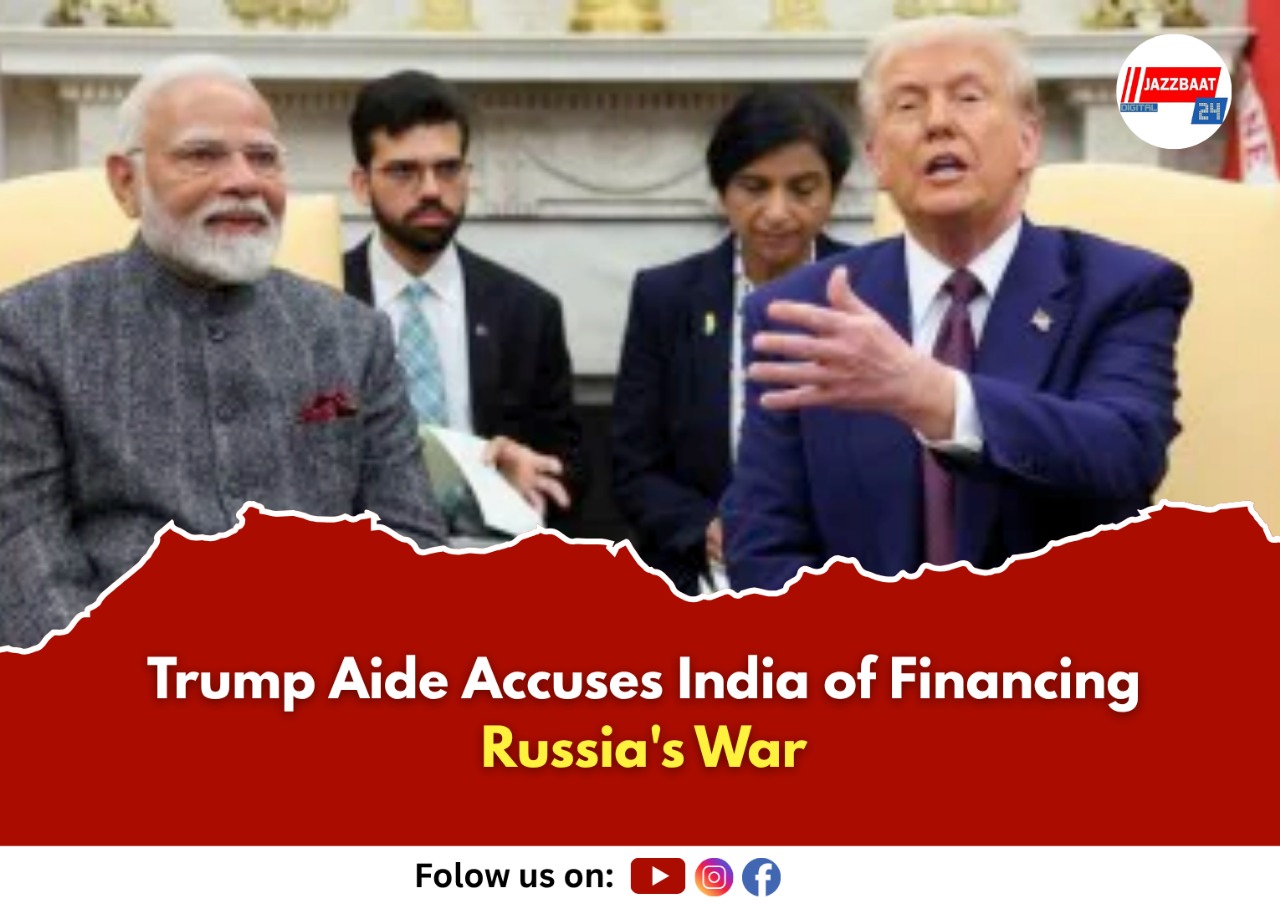
The diplomatic relationship between the United States and India has taken a sharp turn as senior Trump administration officials openly criticize New Delhi's continued energy trade with Moscow. Stephen Miller, deputy chief of staff at the White House, delivered some of the strongest remarks yet from the current administration regarding India's oil purchases from Russia.
Speaking on Fox News' "Sunday Morning Futures," Miller accused India of "financing" Russia's war in Ukraine through its substantial crude oil imports. "People will be shocked to learn that India is basically tied with China in purchasing Russian oil. That's an astonishing fact," Miller stated, highlighting the scale of India's energy relationship with Moscow.
The comments represent a significant shift in Washington's approach toward one of its key Indo-Pacific partners. For years, the United States had largely overlooked India's historical ties with Russia, viewing New Delhi as a crucial counterweight to China's growing influence in Asia. However, Trump's administration now appears willing to sacrifice this strategic patience in favor of applying maximum pressure on Moscow.
Miller emphasized that while Trump maintains "tremendous ties with PM Modi" and India, the administration considers continued Russian oil purchases unacceptable. "President Trump, all options are on the table to deal diplomatically, financially and otherwise with the ongoing war in Ukraine, so we can achieve peace," he warned.
Despite mounting U.S. pressure, India has signaled its intention to continue its energy partnership with Russia. Indian government sources on Saturday said that New Delhi would keep purchasing Russian oil despite US threats. The decision remains a commercial one, with both state-run and private Indian refiners free to purchase from their preferred sources.
Prime Minister Narendra Modi has adopted an increasingly defiant tone, emphasizing India's economic sovereignty. At a weekend rally in Uttar Pradesh, Modi stressed the importance of protecting Indian interests during global uncertainty. "Now, whatever we buy, there should be only one scale: we will buy those things which the sweat of an Indian has made," the Prime Minister declared.
The war of words has been accompanied by concrete economic measures. The Trump administration recently imposed a 25% tariff on Indian exports to the United States, with threats of additional actions if oil purchases from Russia continue. This marks a dramatic escalation in what was previously a manageable diplomatic disagreement.
Trump's criticism has extended beyond energy trade, with the President attacking India's participation in the BRICS grouping and its broader relationship with Russia. The President's harsh rhetoric represents a stark departure from previous U.S. policy, which had carefully cultivated India as a strategic partner despite its non-aligned foreign policy traditions.
This confrontation highlights the complex challenges facing both nations. For India, Russian oil represents a crucial source of affordable energy for its growing economy. For the United States, pressuring India risks undermining broader strategic cooperation in the Indo-Pacific region.
As both sides dig in their positions, the outcome of this diplomatic standoff could reshape U.S.-India relations for years to come, with implications extending far beyond energy trade to encompass broader questions of alliance management and strategic autonomy in an increasingly multipolar world.